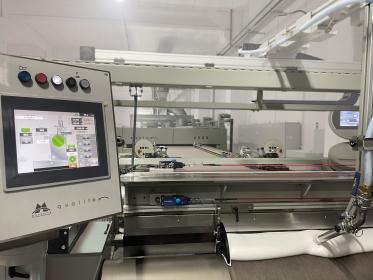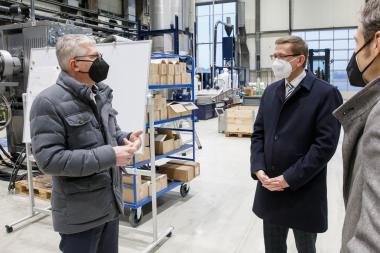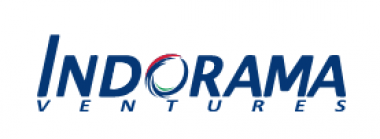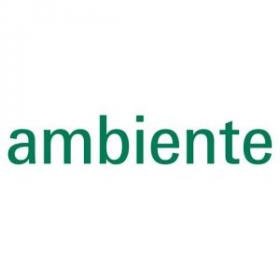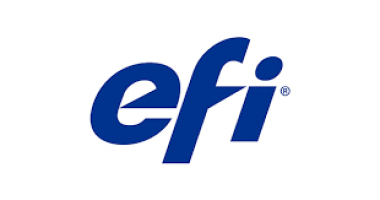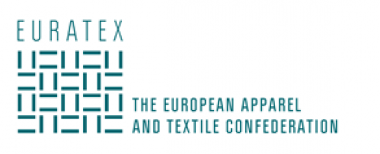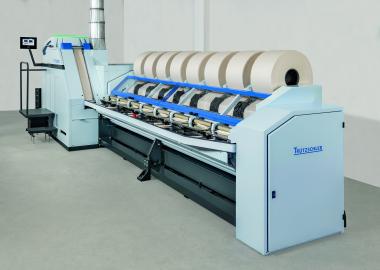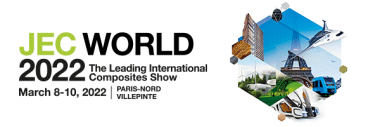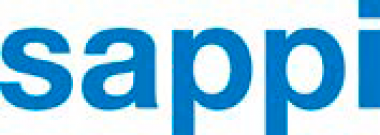Monforts: Turkish upholstery leader opts for the Montex®Coat
Turkish powerhouse in home textiles and furnishing fabrics Altun Tekstil has just commissioned the first Montex®Coat coating system in Turkey.
The advanced machine has been installed at the ever-expanding family-owned company’s industrial complex in Bursa and is being employed to provide an anti-slip and textured backing to upholstery fabrics with a stable and uniform foam, via knife-over-roller coating.
Founded in 1993, Altun exports its fabrics to more than 60 countries, with its major export markets being Russia and Ukraine, as well as many Middle Eastern and European countries.
Its integrated operations include the production of texturized yarns, weaving and raschel knitting, in addition to dyeing and finishing. With a major focus on tulle curtains and upholstery, the company’s fabric range also extends to a wide variety of apparel styles.
Altun has installed eight stenters in various widths at its two plants since 2016 – coincidentally the year Monforts Turkish representative Neotek was founded. All of the stenters are engineered for specific product lines and the Montex®Coat unit is integrated into the latest of these lines, which has a maximum working width of 2.2 metres and eight chambers.
A. Monforts Textilmaschinen GmbH & Co. KG / AWOL Media


